Growing up in a farming family in Östgötaslätten, a region known for agricultural productivity in Sweden, David Graf had always been captivated by the potential of innovative technologies to improve farming practices.
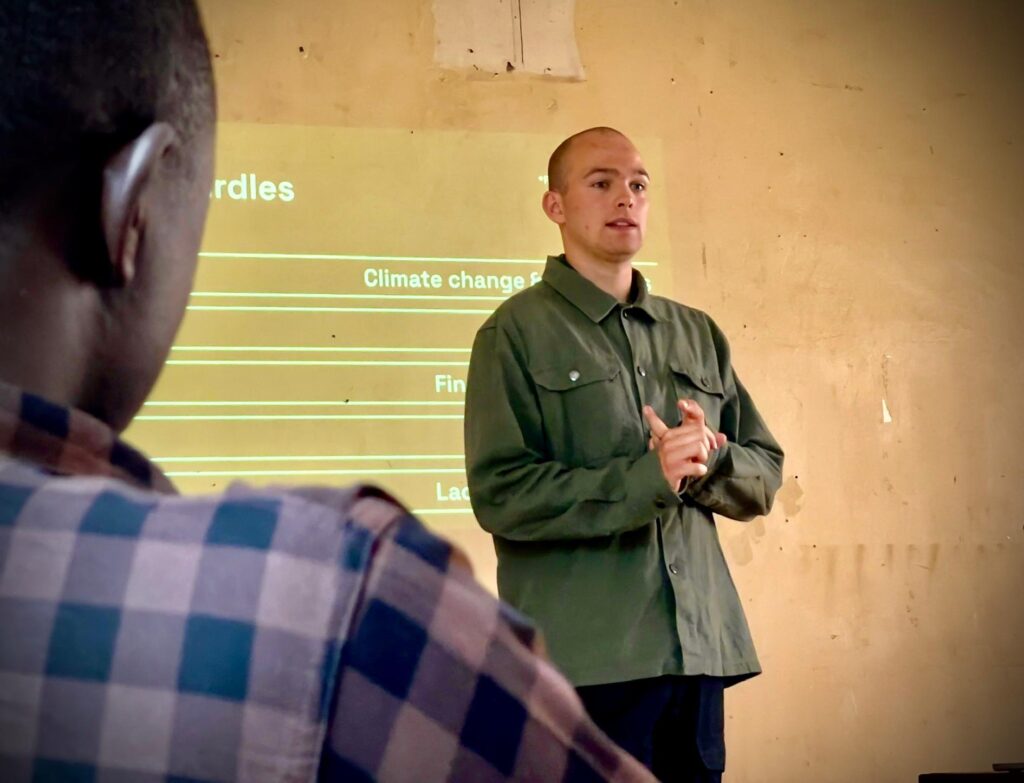
As a recipient of the prestigious Gun and Einar Larsson Stiftelse Scholarship 2025 at Stockholm School of Economics, through his project, “Agribusiness in Uganda,” he aims to introduce modern Swedish agricultural solutions to Ugandan farmers and agripreneurs.
Each year the President of the Stockholm School of Economics personally hand-picks one or two outstanding students to realize a project of their own design abroad. The purpose of this is to equip these future leaders with the tools and experiences necessary to succeed, both in their studies at SSE and in future careers.
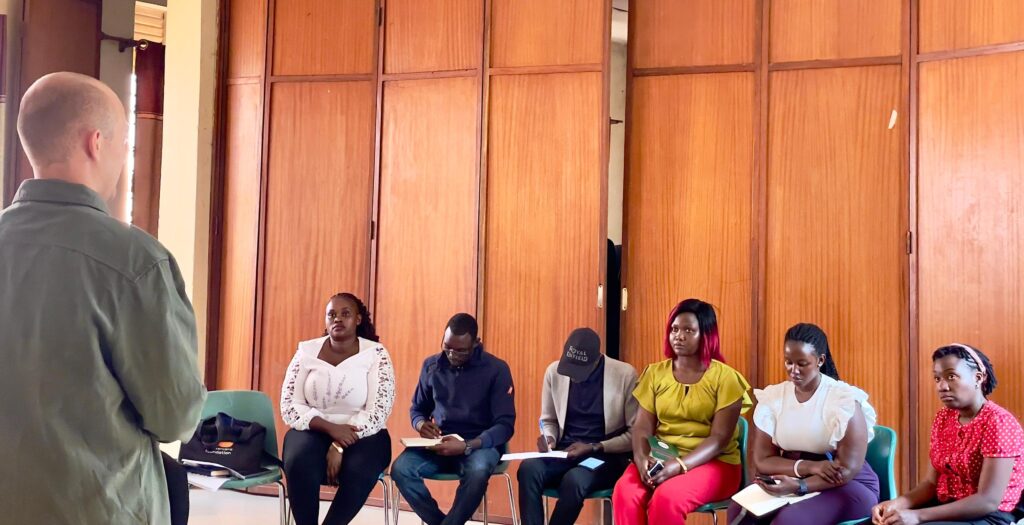
Drawing inspiration from the agricultural technological advancements in his native area, David felt it important to establish this same technology in another setting, Uganda as a way of supporting small scale farmers.
According to Graf, “Many young Ugandans avoid agriculture due to its perceived lack of innovation and financial incentives, contributing to one of the highest youth unemployment rates in Sub-Saharan Africa. With the strengths of Swedish agtech that are aligning with Uganda’s specific agricultural challenges, there is potential not only to boost productivity and profitability in the sector but also to engage more young Ugandans in agriculture.”
The technologies
The technologies set to boost Ugandan farmers productivity include Spowdi, a solar irrigation pump and also Agdir farm application.
Agdir Farm is a software that gives a new and unique insight into how the soil and crops are doing.The solution combines all weather data that affects your crop with highly accurate sensor data at shift level. All this is put into context and translated into concrete advice that helps you in your everyday life. The application facilitates making more accurate choices for your crop.
“Swedish agricultural innovation is no silver bullet, and I would never claim it can solve all the challenges farmers in Uganda face. But through my GELS scholarship project, I’ve seen that it can contribute in meaningful ways and that continued exchange between Sweden and Uganda has the potential to support development on both sides,” says Graf.

The Spowdi is a lightweight, portable system that weighs just 12 kilograms in total and is easy to install and handle by one person. It is durably built to withstand tough conditions such as daily movement, high temperatures, dirt and muddy water.
David reveals that the Spowdi pump is more tolerating than other systems since its a membrane pump instead of a mechanical. Therefore, making it more advantageous compared to the other solar powered pumps.
According to Spowdi, the solar-powered system is optimized for drip irrigation and saves farmers the time consumed by traditional manual labour for irrigation, giving farmers and their families more time to engage in other life-enriching activities.
During his mission, he has met with local farmers, cooperatives, groups among other stakeholders learning about their challenges and ambitions. He was struck by the contrast between the individualistic approach to farming in Sweden and the cooperative spirit in Ugandan agriculture.
To scale up the promotion of these technologies David has embarked on a partnership with Nyimusa Foundation, a Non-Government Organisation to set up a demonstration farm, in South Western Uganda. “We are on a move to onboard partners who can facilitate the distribution of these agri-technologies. “David explains.
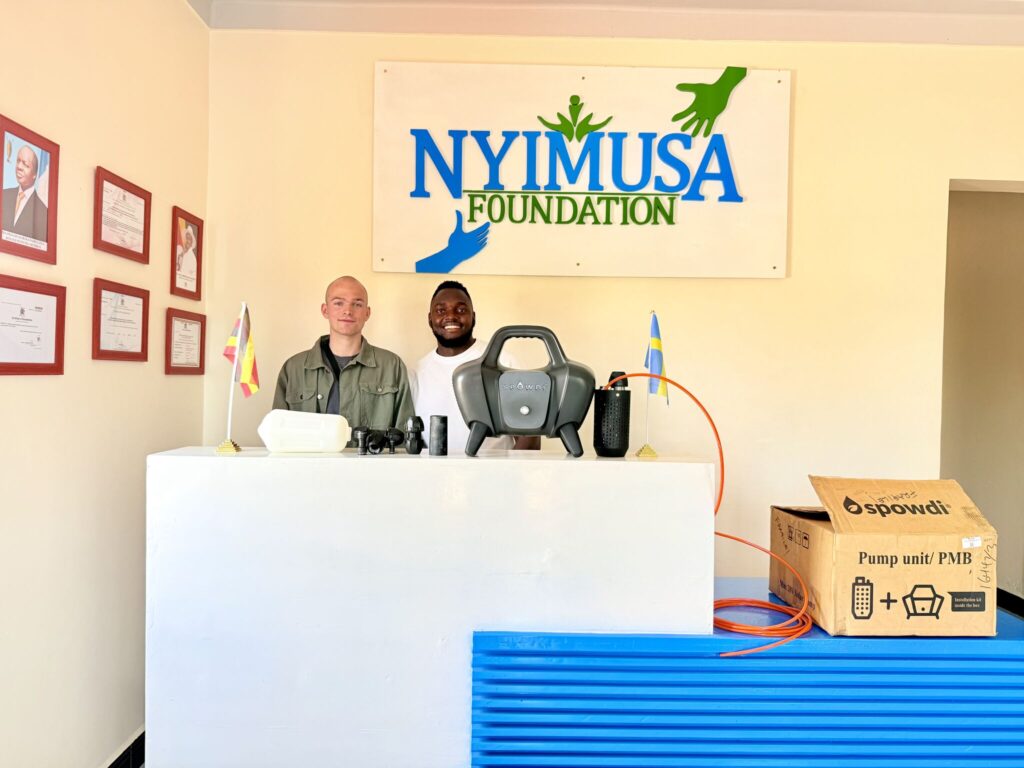
“Cooperation is key,” David noted, as he observed the farmer groups, cooperatives, and extension officers working together to support each other. “This is something we can learn from in Sweden.”
With the support of the Young Farmers’ Federation of Uganda (UNYFA) and other local partners, David is confident that his project would not only improve agricultural practices but also inspire a new generation of young farmers who perceive agriculture as an unattractive venture.
UNYFA has been instrumental in helping David reach his target audience for his project through organized focus group discussions, field visits, and one-on-one interviews across different regions of the country.
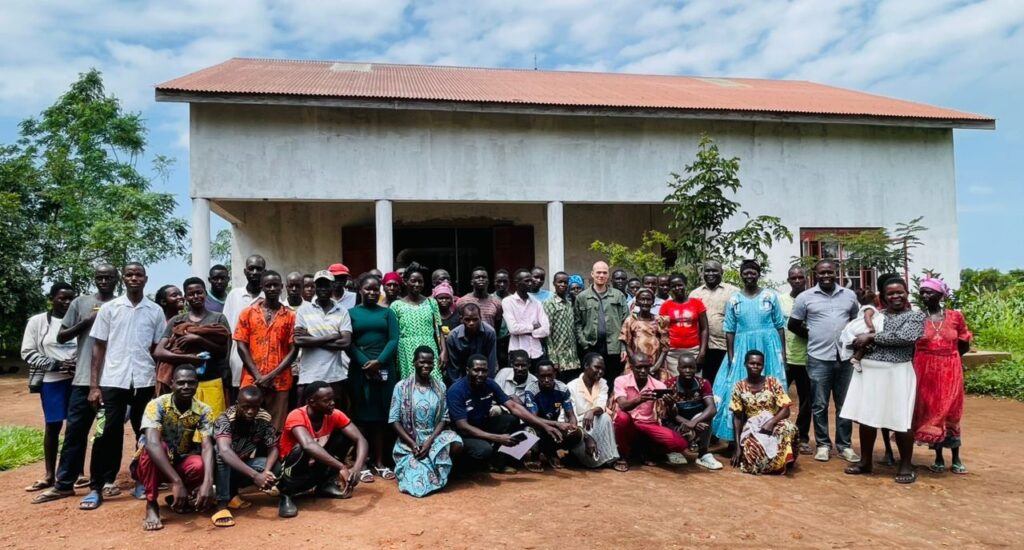
“Beyond having access to the Swedish technology, we would want to see exchange programs between farmers in Sweden and Uganda, similar to the International Young Farmers Exchange Programme that UNYFA and its partners are organizing. Nothing has been decided as of yet, but we anticipate having it,” says David.
“Without UNYFA, this project would not have been possible. It made traveling across the Uganda easier to find the appropriate people to speak with.”

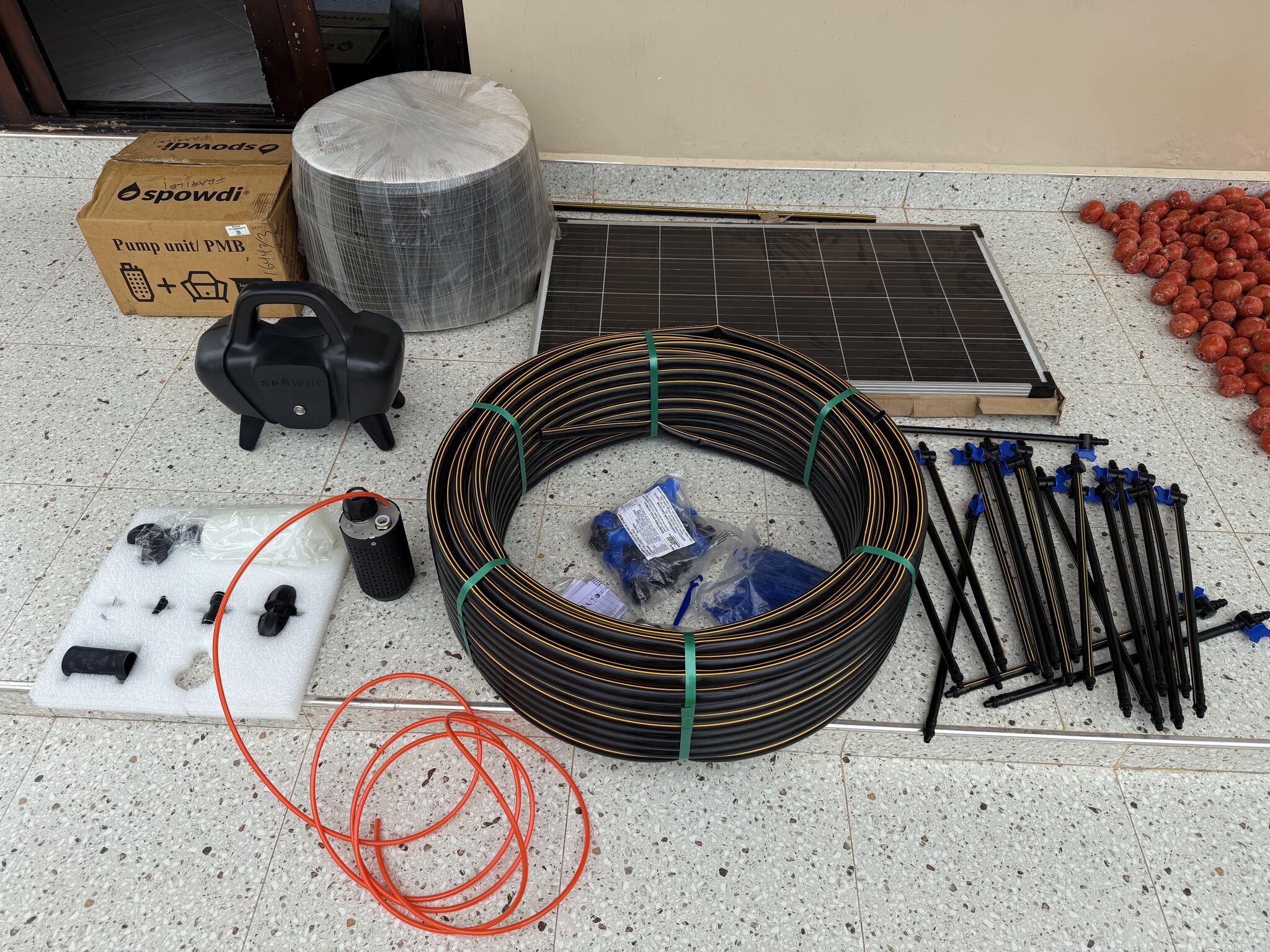
Mark musau
August 1, 2025Excellent